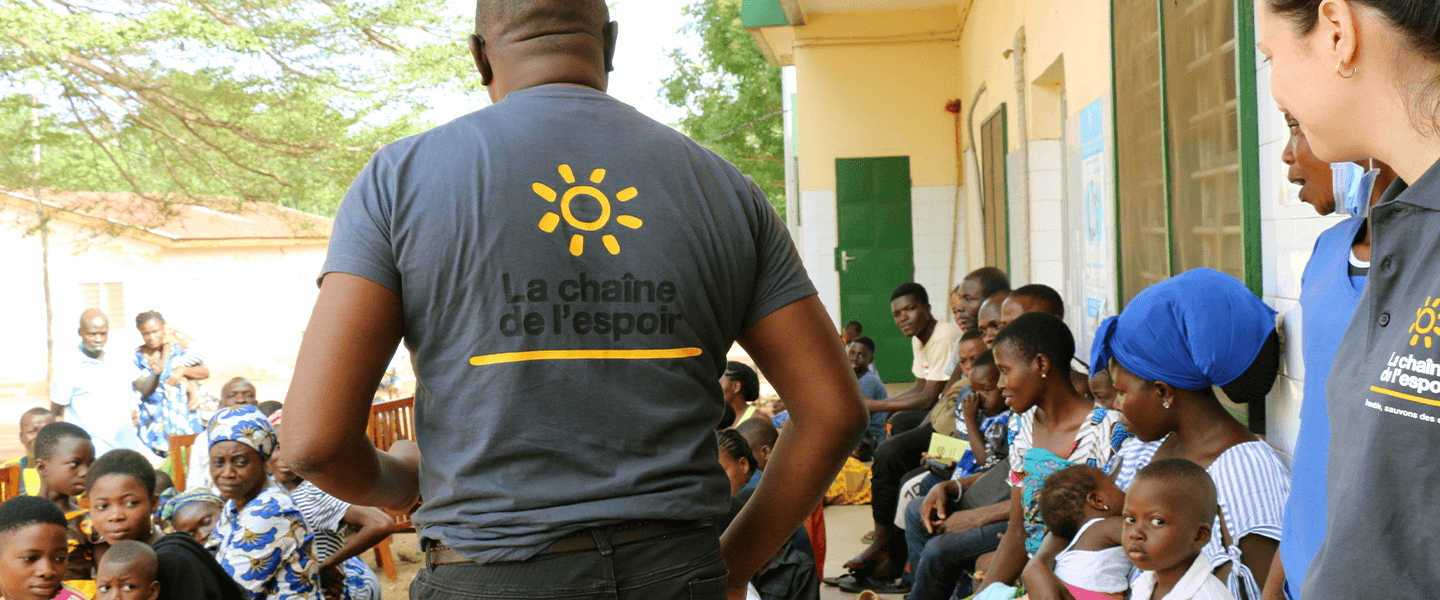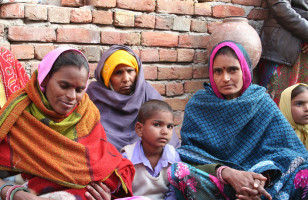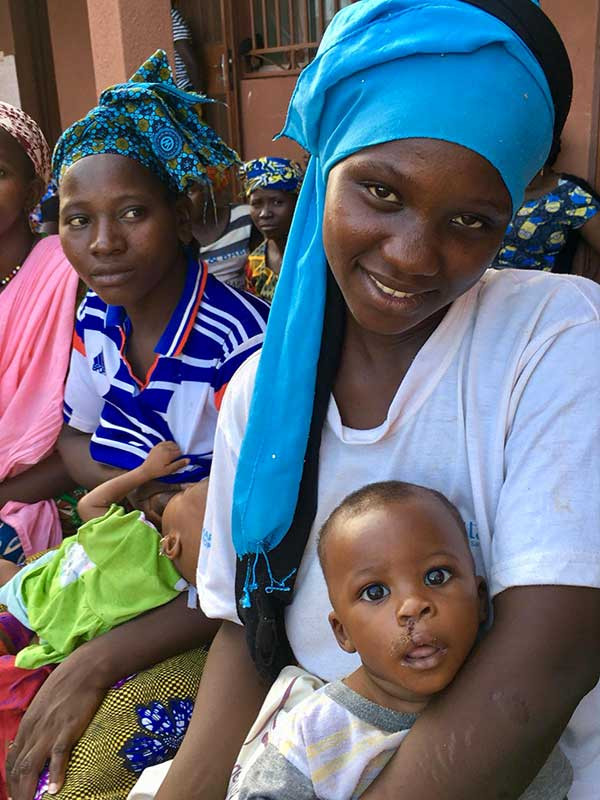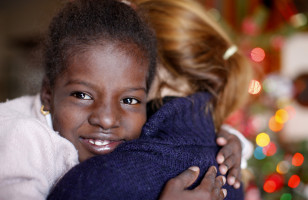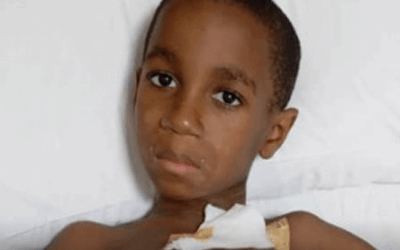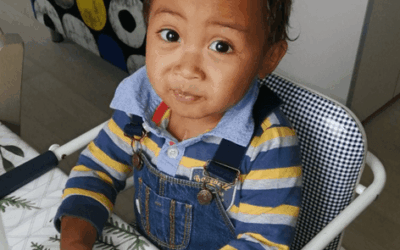So International Day of Families is also an opportunity to highlight these host families, those who don’t share the same DNA as the child they welcome, but who make the choice to welcome children from far away, whom they don’t know, to enable them to undergo surgery in the best possible conditions. Those who accompany the sick child during his stay in France, as if he were their own.
No medical knowledge is required, just time, attention and affection.
Would you like to get involved with La Chaîne de l’Espoir and become a host family? Find out how, and all the important information, on the page of our website dedicated to host families!

